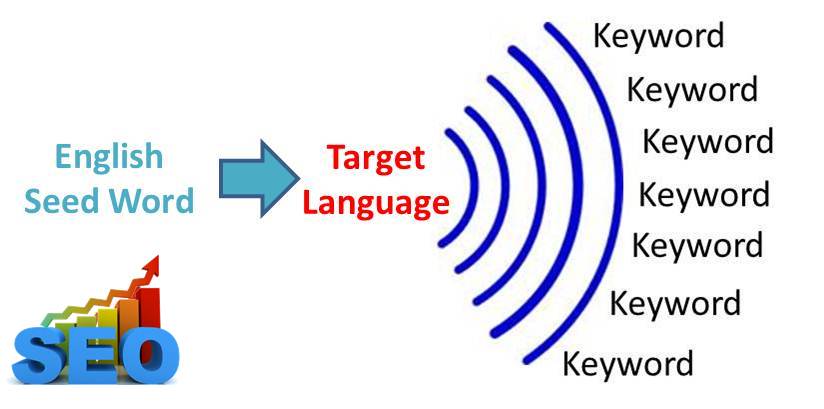If you thought search in Spain wasn’t exciting enough, think again! TPI (Telefónica Publicidad e Información), reaching 11.89 million in benefits last quarter, is about to throw some spice into the mix, where Google, MSN and Yahoo are running the show and other, determined newcomers (Seekport) are playing to win their share. If you have been following the blog, on the 26th MSE (Multilingual Search) told you that MSN and TPI teamed up to create MSN Páginas Amarillas (MSN Yellow Pages) in Spain.
There have been rumors of more and today they became news. While TPI, the leading provider of Yellow and White pages in Spain, a Grupo Telefónica filial, is offering their service on MSN there is news that before the end of the year TPI hopes to launch their own search engine, called Noxtrum. Noxtrum will use its own website, independent of any portal such as Telefónica (uses Terra and Google).
The company’s developers are building Noxtrum, which will concentrate on searches in Spanish and Portuguese, but worldwide it seems. To cover other languages, TPI plans on reaching syndicate technology agreements, (with whom?!) to be able to use other specialized robots.
Now that the news is out, there’s not much to think about; it’s strategically perfect! Noxtrum will have a stunning LOCAL advantage. The search engine will not only index, but will also be backed up by TPI’s own business directory database (2 million listings) that feeds the Yellow Pages, White Pages and more. In Spain there is still a huge percentage of businesses that do not have a website, which are therefore invisible to consumers who try to find them online. With Noxtrum’s integrated database, when someone searches for a specific service or business category and location (ie. Bookstore in Madrid), apart from the traditional results, the search engine will supply a listing of businesses with or without a website, as well as their location and contact information. Of course, TPI also offers maps and directions, so its easy to assume those will be a part of the search results. In fact, just last month TPI incorporated a map service that allows users to find businesses and professionals within a 500 or 1,000 meter radius of a chose location. Sounding familiar?
The ranking algorithm will have a number of the typical criteria—one of these being the website’s link popularity. Naturally, that will not be the sole factor. So far, the company assures that ranking will not be influenced by paid advertising, nor will companies that pay for other TPI services have an advantage. There will be a pay per inclusion program, however. Fortis Bank experts say that TPI could benefit from the project by offering greater exposure to companies in the Spanish market that do not have an internet presence, pay per inclusion and the traffic it generates.
Search technology is not new to TPI, since they already use it in their Yellow Pages, where Internet users can search for businesses and professionals by activity, product, brand, business name, province or specific location. In fact, TPI enjoys nearly half a million clients in its editorial version and a total of 2 million listings. If we step away from the three giants and more than a few aspiring search players, TPI is in a very nice position to step up to the plate, if local is the focus. Looks like the agreement with MSN earlier was a sign: TPI is not going to miss out on search.
Sources:
El País
Finanzas.com
Bolsamania.com
Marina Zaliznyak
Latest posts by Marina Zaliznyak (see all)
- Google to Acquire Spanish owned and started Panoramio - June 3, 2007
- Ask.com behind the Anti-Google campaign - March 18, 2007
- Ya.com reveals their own video and photo sharing services—YaTV and YaShoot - March 18, 2007




